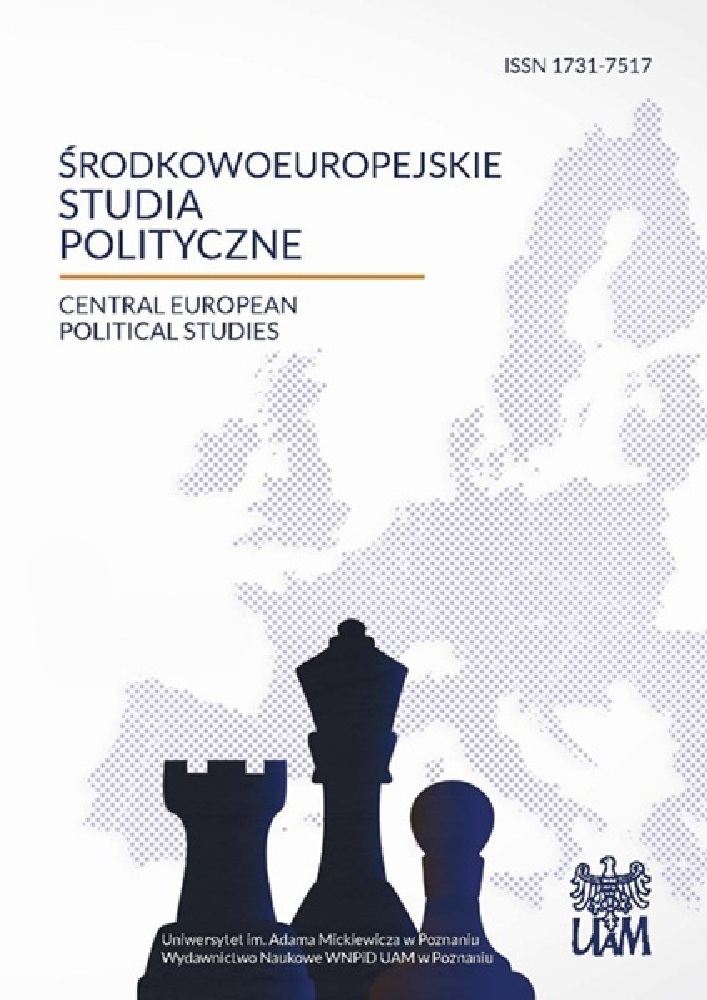Abstrakt
The paper attempts to explain in civilizational terms the ‘orange revolution’ that has transformed Ukrainian internal and foreign policy. It is also a dispute with the standpoint of the American political scientist, Samuel P. Huntington, and manyWestern politicians who oversimplify the civilizational situation of Ukraine. They assume that Ukraine is divided in terms of civilization and that the main criterion for this division is related to religious denomination. Believers of the Catholic Church are thus supposed to determine the scope of European civilization whereas those of the Orthodox Church determine Byzantine civilization. This theory was falsified during the latest elections when both Catholics and Orthodox Christians from three communities in Ukraine voted for Viktor Yushchenko, a representative of a pro-European option. The noticeable division of the country seems to be a consequence of different levels of civilizational development rather than that of denomination. The pro-Russian option, represented by Viktor Yanukovych, emerged strongly in the industrial east of Ukraine, where nostalgia for the Soviet Union is the strongest and post-Soviet identity is a pre- dominating paradigm of group identity. The agricultural west, free from the Soviet ‘modernization’, and post-industrial Kiev chose the European direction as they voted for the pro-European candidate, Yushchenko. The success of the ‘orange revolution’ and Yushchenko’s victory in the third round significantly changed the geopolitical situation in Eastern Europe and in the former Soviet Union. The position of Russia in this region was somewhat weakened. It has also raised hopes for the democratization of such countries as Byelorussia or the Russian Federation, at present witnessing the rejection of principles and values of liberal democracy.
Licencja
Copyright
© 2005, Uniwersytet im. Adama Mickiewicza w Poznaniu, Wydawnictwo Naukowe Instytutu Nauk Politycznych i Dziennikarstwa
OPEN ACCESS
